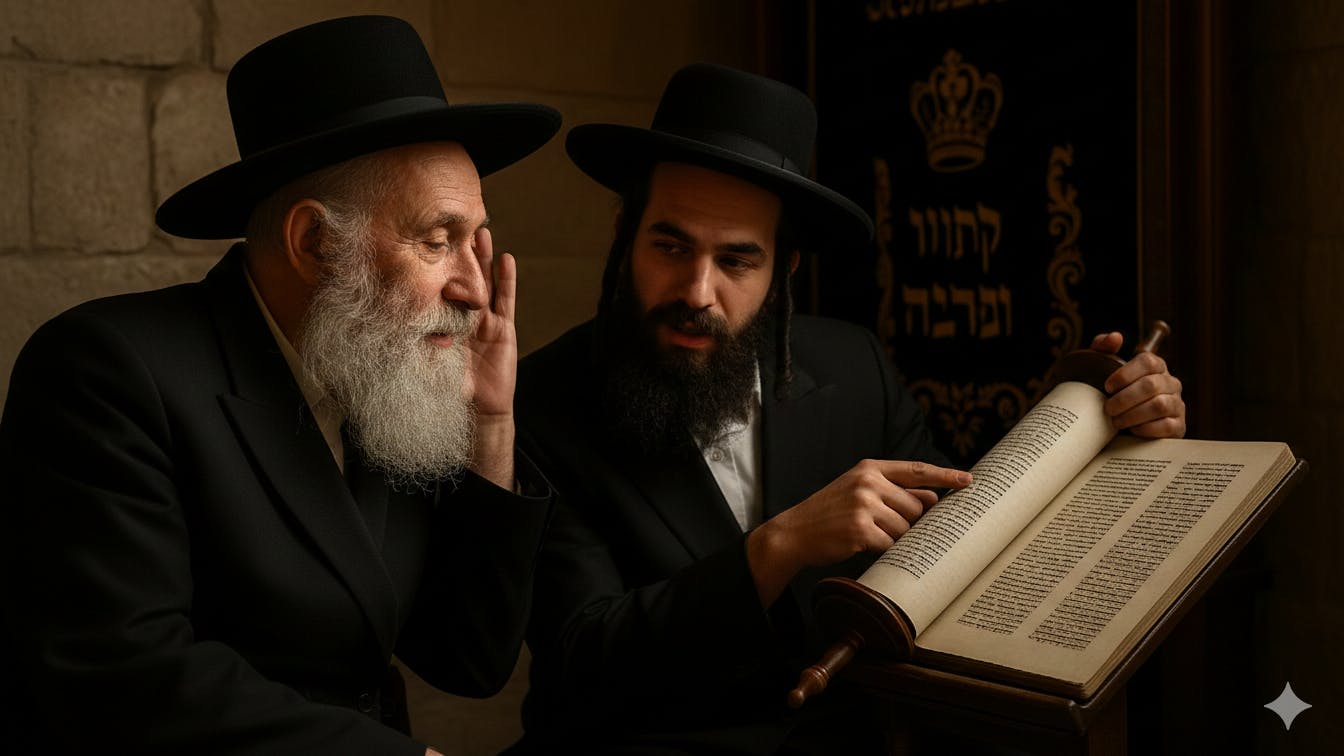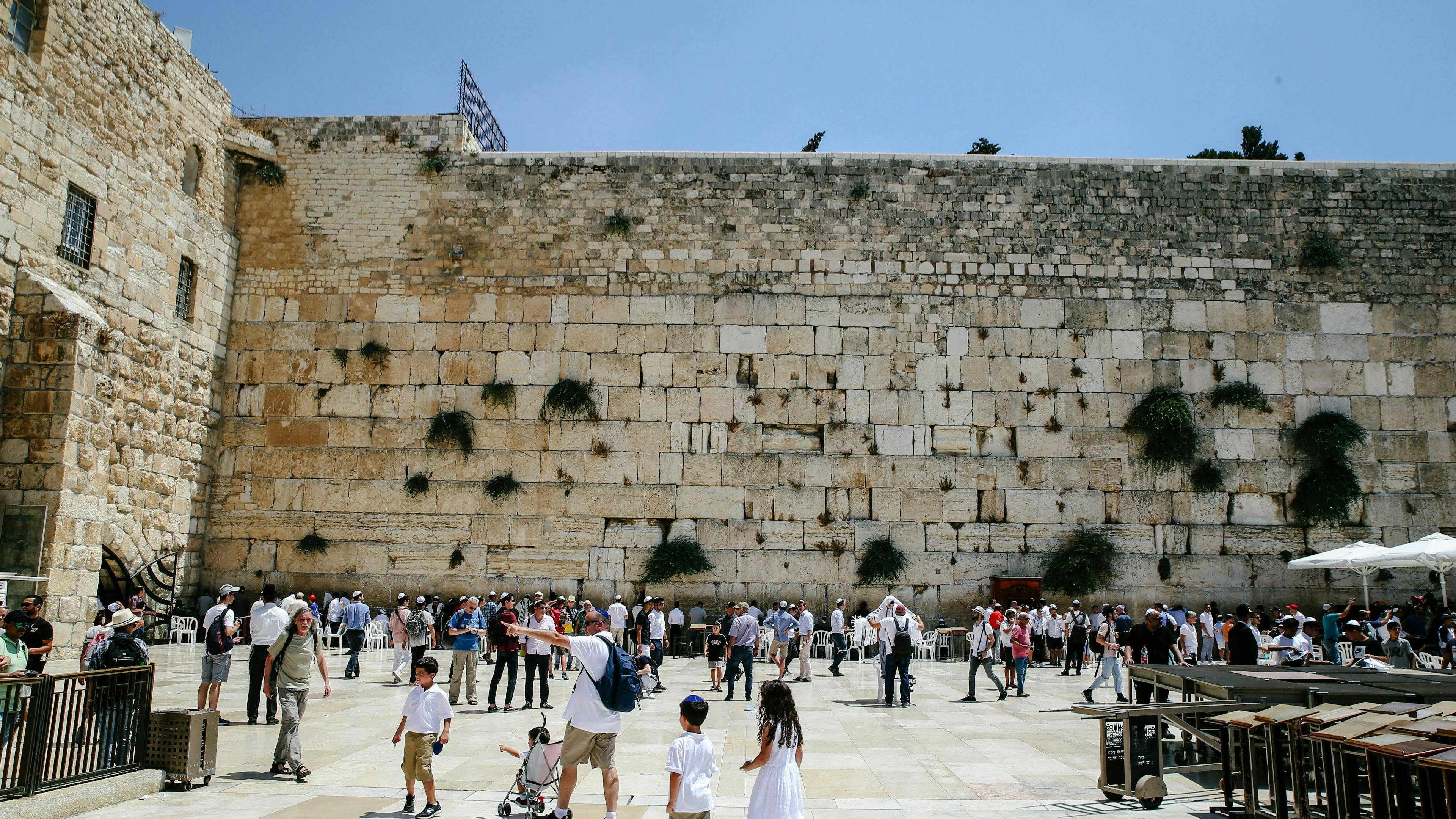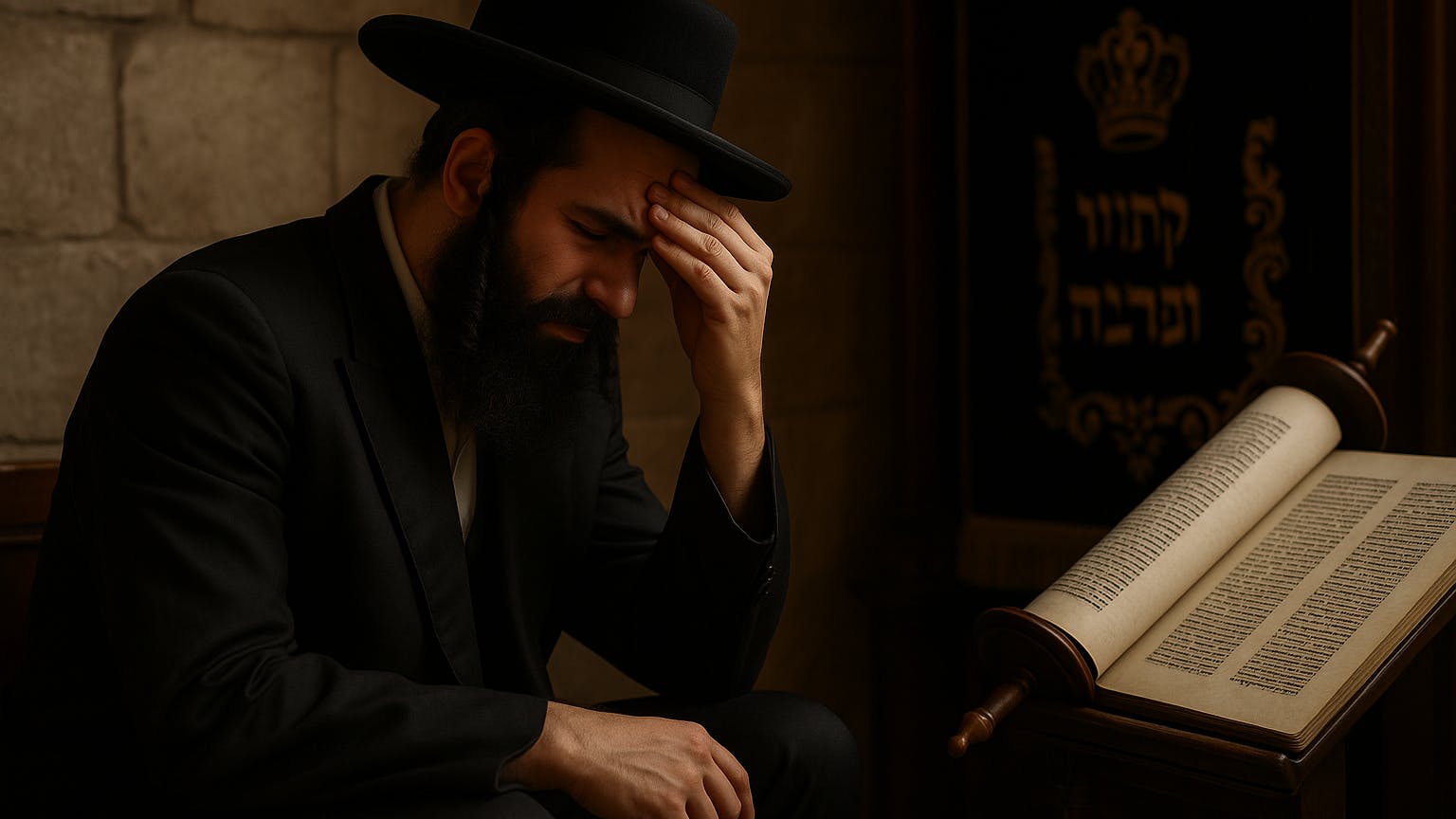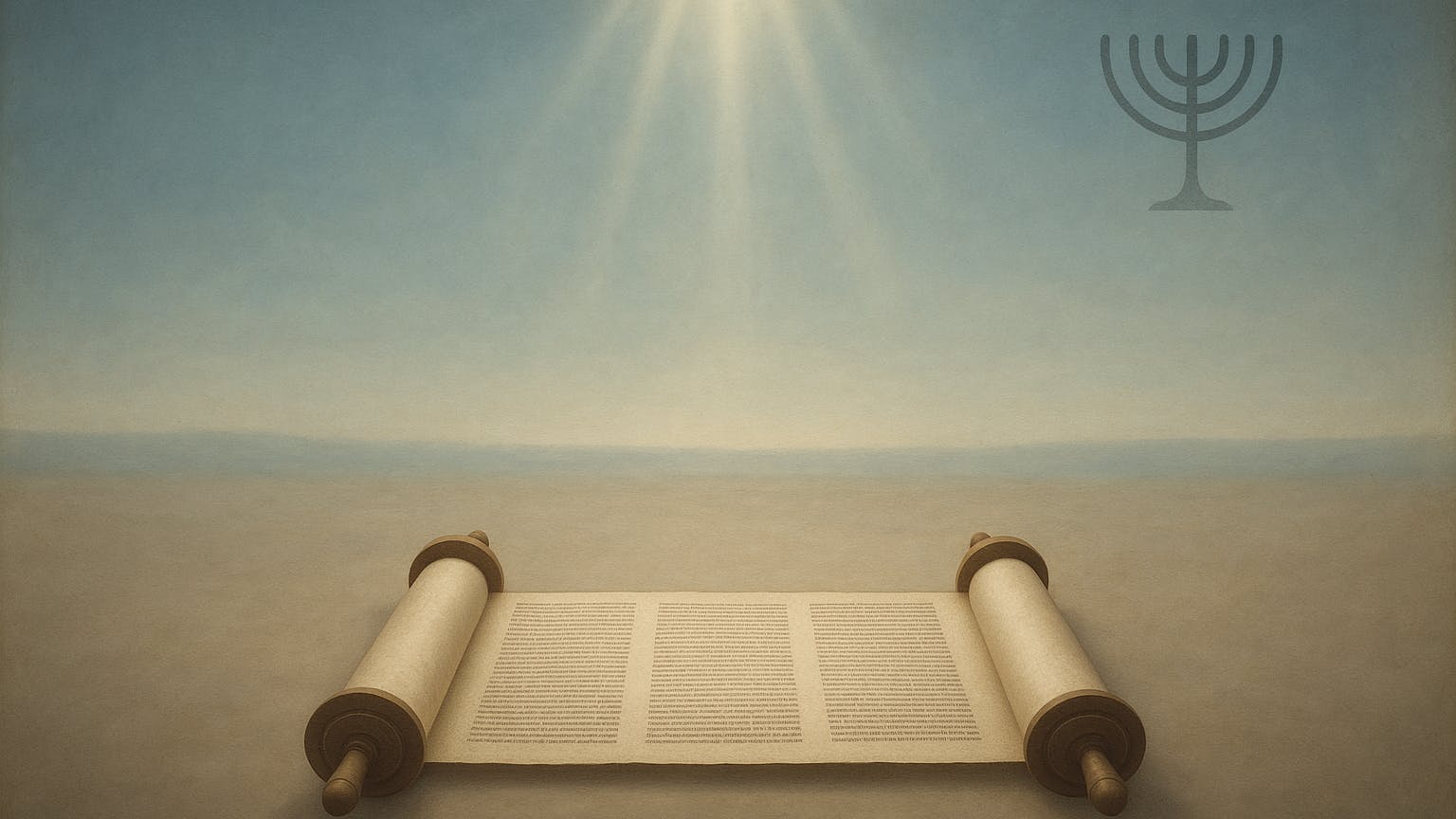At Passover, it’s worth dwelling on the importance of the feast to Israel. We don't need encouragement to consider the traditional and social aspects of Passover. We focus easily on how to include guests, maintain family and national traditions and what delicious foods we may eat. We will think about how to catch up with friends and relatives whom we saw last year. Sadly, the spiritual element is all too quickly forgotten. So, let's reconsider Passover in the light of the Messiah.
The history of the Passover miracle
If we merely see Passover as the victory of the Israelites over the Egyptians, we miss the broader point from history. This is that the Messiah himself was to come from Israel and bring salvation to the world.
G-d saved his people out of the land of Egypt, where they had been taken in slavery. He did this to bring them into Canaan: the land promised to Abraham and his descendants. But Abraham did not have in mind simply land for its own sake. When he had the option he chose Canaan (the less lush land) in comparison to his nephew Lot, who opted for Sodom (Genesis 13:7-13). This shows that Abraham was a spiritual man who was looking for a heavenly inheritance.
G-d had made a covenant with Abraham, in which G-d would save his people through Abraham’s seed, the Messiah. This serpent, Satan, would ultimately be crushed by the seed of the woman (Genesis 3:15): the Messiah. This Messiah who crushes the serpent's head is also the king of Israel, whose "enemies shall lick the dust" (Psalm 72:9).
When G-d said to Abraham
Who is this seed? The seed in mind is the Messiah who would come from Abraham’s line. Jacob prophesied that the Messiah would come from his son Judah (Genesis 49:10).
While Pharaoh honored Abraham’s great-grandson Joseph, another Pharaoh arose “which knew not Joseph” (Genesis 1:8). He mistreated the children of Israel. When Moses saw this mistreatment, he rose up to smite the Egyptian who persecuted the Israelites.
G-d, by his providence, had ordained Moses to be a prince in Egypt, who does not wield the sword in vain. A holy zeal rose up in Moses, just as in Phinehas. Moses believed that the Messiah would come from Israel.
But as the Israelites were oppressed unduly, this was a direct attack on the seed of the woman that G-d promised would defeat Satan in Genesis.
Some time after this incident, we read of G-d calling Moses to lead the Jewish people out of Egypt. In the final, devastating plague of the firstborn—after Pharaoh had not heeded the warnings of the nine lesser plagues, nor the many strong words of Moses—all the firstborn died in Egypt except those covered by the blood of a lamb.
We need a Spiritual Passover
The same G-d who sent his angel to execute justice in Egypt, also requires justice in of the souls of all men. Our consciences testify to the Judgment Day that is coming. We know our spirits will judged by G-d. Our bodies will be raised: some to glory and some to shame (Ecclesiastes 3:21, Daniel 12:2). Only a fool would say in his heart that there is no G-d (Psalm 14:1).
Our consciences also tell us of how we have broken G-d’s law as expressed in the Ten Commandments. Even if we haven’t murdered another man outwardly, we have murdered men in our hearts by hating them secretly. We may not have committed adultery, but we have surely lusted after other men or women in our hearts. And we can say with the Psalmist: “shall not G-d search this out? for he knoweth the secrets of the heart” (Psalm 44:21).
Like the evil Egyptians then, we too would face G-d’s wrath, if we do not have the blood of the Passover lamb to cover us. We read of the Messiah in Isaiah 53:4-5: “Surely he hath borne our griefs, and carried our sorrows: yet we did esteem him stricken, smitten of G-d, and afflicted. But he was wounded for our transgressions, he was bruised for our iniquities: the chastisement of our peace was upon him; and with his stripes we are healed.”
The Messiah died, and we are healed through his death, as he is a propitiation for our sins (1 John 2:2). This is accomplished in a way that the blood of bulls, goats, lambs etc never could have. For the Messiah is perfect and eternal, being G-d himself. Having never sinned, he is spotless internally. The lambs for Passover were only without blemish externally (Exodus 12:5).
Who is the true Passover Lamb?
Jesus of Nazareth was of the seed of Abraham and David. He is the promised Messiah. Jesus Christ himself was also put to death at the time of Passover. Yet he rose again after three days, proving his power and victory over sin and death. Christ was “brought as lamb to the slaughter” (Isaiah 53:7). He was the Passover lamb to be slaughtered, so that we may live.
Just as G-d had Jesus in mind during the first Passover, so too Jesus is our Passover lamb more fully than any physical lamb. Jesus Christ is our Passover lamb, because he died in the place of sinners: those who trust in him truly are are covered by his blood.
Conclusion
When John the Baptist saw Jesus, he exclaimed: “Behold the Lamb of G-d, which taketh away the sin of the world.” (John 1:29). May we say the same with John, looking beyond the events of the Passover, to the greater thing it points to. This is the death and resurrection of the Jewish Messiah, Jesus Christ, who came to save his people from their sins (Matthew 1:21).
More Topics
You might alsoo be interested in these topics.




